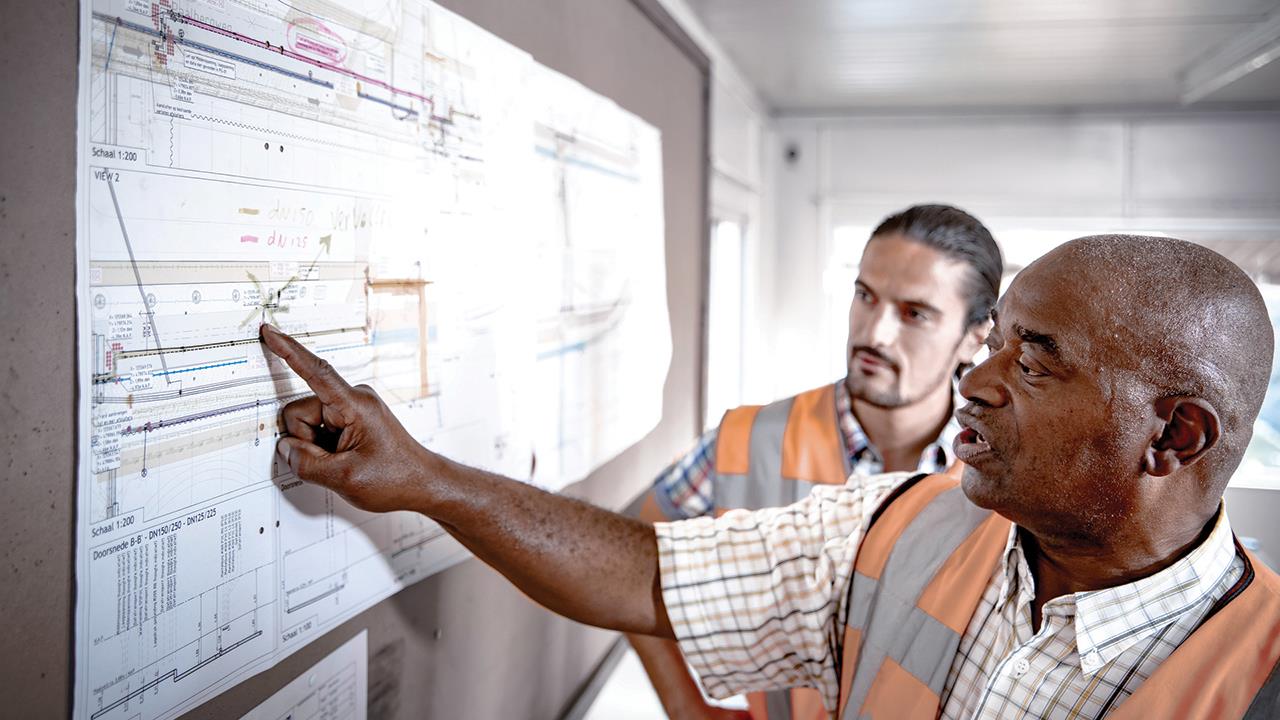

The UK is not currently on track to reach its legally binding target of net-zero carbon emissions by 2050 – and the Committee on Climate Change has highlighted a lack of progress on heating as a key concern. However, there are ways we can tackle this problem.
District heating takes energy released as heat from a range of energy sources and connects it to meet people’s needs through a system of highly insulated underground pipes.
This is a particularly attractive option in cities and larger towns, which have enormous amounts of unused heat – from industrial processes, sewage plants, datacentres and water from disused mines.
With district heating, this unused heat can be captured and used to warm homes and offices, so that we don’t need to burn more fossil fuels.
The opportunity to scale up district heating is huge. It currently represents just 2% of the UK’s total heating.
The success of district heating can be seen in many Scandinavian countries; in Sweden 50% of all heat demand is met with district heating.
Recognising the importance of district heating, the UK government is providing funding and introducing an enabling market framework to support the mass deployment of district heating networks, with the aim that district heating will supply almost a fifth of the UK’s heat demand by 2050.
But for the UK to fulfil its district heating ambitions, there is a growing need for surveyors, meter providers, and installers. We also need more energy consultants, facilities, and estates managers and those in customer service roles, as maintenance and upgrades of heat network developments become more common.
The heating industry has long campaigned for greater financial support for training schemes for heating engineers, and that need is urgent now. We cannot transform our infrastructure without the necessary specialists. Creating a skilled installer base is vital to unleash the potential of district heating.
The Heating and Hotwater Industry Council’s report, Heating Up to Net Zero, highlighted a skills shortage across the gas industry, in part as a result of an ageing workforce.
More than 50% of heating system installers are aged over 55 and only 12% of the oil and gas industry’s overall workforce is under the age of 30. The industry body estimates that an additional 50,000 engineers will be needed over the next five years simply to meet anticipated demand.
It is encouraging that the Department of Energy Security and Net Zero is taking steps that recognise this skills shortage. The UK government recently announced its Heat Training Grant Competition for heat networks, enabling training providers to bid for £500 discounts to train up to 4,000 new heat network professionals. While this alone won’t solve the challenge, it provides a signal of intent for the industry to move forward.
There are multiple ways to ensure that many more heating professionals can be at the forefront of the UK’s transition to a fossil-free future. The government must continue to make it easier and cheaper for people to upskill and retrain. Building closer links between education institutions and the industry will also ensure clearer pathways into exciting low carbon careers for both new graduates and career-switchers. And, of course, as the demand for district heating grows, many more installers will be incentivised to choose to re-skill.
All of this will take combined and concerted action from policymakers, industry, individual businesses, and educational organisations.
We can only free UK cities from fossil-fuelled heating by working together and ensuring that the right skills base is in place is a critical part of the puzzle.
If you'd like to keep up-to-date with the latest developments in the heating and plumbing industry, why not subscribe to our weekly newsletters? Just click the button below and you can ensure all the latest industry news and new product information lands in your inbox every week.